x
Grade
Grade
Show Filter
Summit Science 5 (Independent Study)
Students perform experiments, develop scientific reasoning, and recognize science in the world around them. They build a model of a watershed, test how cell membranes function, track a hurricane, and analyze the effects gravity.From: $24.00
Middle School Spanish II, Semester 1
Middle School Spanish II has been carefully aligned to national standards as set forth by the American Council on the Teaching of Foreign Languages (ACTFL). Students in Middle School Spanish II continue to focus on the four key areas of world language study: listening, speaking, reading, and writing. The course represents an ideal blend of language-learning pedagogy and online learning. Each unit consists of a new vocabulary theme and grammar concept, reading and listening comprehension activities, speaking and writing activities, multimedia cultural presentations, interactive activities that reinforce vocabulary and grammar, and frequent assessments during which their language progression can be monitored. There is a strong emphasis on providing context and conversational examples for the language concepts presented in each unit with many opportunities for practice to allow students to master the vocabulary and grammar before moving to the next unit. In this course, students explore hobbies and pastimes, food, family, places, animals, shopping, and weather.
$450.00
Science 5 E1
Science 5 brings science alive by providing students a combination of virtual lab investigations (with options for hand-on learning), interactive lessons, and an array of e-books that capture students’ attention and grow their interest in science. Students engage in science and engineering practices as they explore topics such as matter, organisms, ecosystems, the earth’s systems, and the earth’s place in the universe. Throughout the course, students conduct investigations using digital tools and simulations. Some labs also include alternative investigations that use household materials.
This course calls for the following household materials, though they are optional, since digital versions of all labs are available:
- Science Notebook (required)
- pencil or pen (required)
- 4 tablespoons salt (optional)
- 2 tablespoons baking soda (optional)
- 2 tablespoons flour (optional)
- water (optional)
- spoon (optional)
- 6 plastic cups (optional)
- 1/4 cup (optional)
- 1 tablespoon (optional)
- vinegar (optional)
- marker or pen (optional)
- 1-2 ice cubes (optional)
- black paper (optional)
- 1 tablespoon powdered drink mix or sugar (optional)
- butter knife (optional)
- 2 shallow bowls (optional)
- 1 package celery stalk, lettuce or bok choy
- 1 cup soil (optional)
- 5-6 drops food coloring (optional)
- 3 plastic plates (optional)
- 1 balloon (optional)
- 1 tablespoon black pepper (optional)
- notebook paper (optional)
*Students may also keep a digital Science Notebook.
From: $900.00
Summit Math Plus Red (4) (Independent Study)
This research-based course focuses on computational fluency, conceptual understanding, and problem-solving. The engaging course features new graphics, learning tools, and games; adaptive activities that help struggling students master concepts and skills before moving on; and more support for Learning Coaches to guide their students to success. This course for students in Grade 4 moves into applications and properties of operations. Students work with simple fraction and decimal operations, which are applied in the study of measurement, probability, and data, and mathematical reasoning techniques. Students begin the study of equivalencies between fractions and decimals on the number line and early work with integers. Algebraic thinking is developed as students work with variables, coordinate graphing, and formulas in problems involving perimeter, area, and rate. Geometry is extended into greater classification of shapes and work with lines, angles and rotations.From: $24.00
Summit Early American History (Independent Study)
This course takes students from the arrival of the first people in North America through the Civil War and Reconstruction. Students investigate Native American civilizations; follow the path of European exploration and colonization; assess the causes and consequences of the American Revolution; examine the Constitution and the growth of the new nation; and analyze what led to the Civil War and its aftermath.
From: $24.00
Spotlight on Music, Grade 4
Explore and build foundational musical skills with Spotlight on Music from McGraw-Hill. This course offers a variety of learning activities that include singing, dancing, virtual instruments, listening maps, authentic sound recordings and playing the recorder. Six units in the course are organized into four sections: Spotlight on Concepts, Spotlight on Music Reading, Spotlight on Performance, and Spotlight on Celebrations. Students learn about these musical elements: duration, pitch, design, tone color, expressive qualities and cultural context. Students explore beat, meter, rhythm, melody, harmony, tonality, texture, form, tone color, dynamics, tempo, articulation, style, and music background.From: $900.00
History of the United States E1
Students in History of the United States E1 explore United States history, geography, economics, and government. This is done by focusing on the influence of physical and cultural characteristics on national origins, growth, and development. Students study Indigenous cultures, European exploration, colonization, settlement, the American Revolution, the founding of the Republic, the early years of the United States, the Civil War, and the 20th Century in the United States. Students learn about citizenship and the major components of the government as outlined in the United States Constitution. The course emphasizes critical thinking skills, including questioning, examining fact and opinion, analyzing and evaluating sources of information, contrasting and comparing using primary and secondary sources, and conducting research using a variety of resources. Additional social studies skills are integrated in the lessons including reading and analyzing maps, creating and interpreting charts and graphs, identifying relationships, engaging in debate, writing persuasively, and developing thinking and independent study skills.
This course requires the following household materials:
- composition book, notebook, or binder with loose-leaf paper to use as a History Journal
- crayons, markers, or colored pencils
From: $900.00
Summit Art 4 (Independent Study)
Following the time line of the K12 History program, fourth grade Art lessons introduce students to the artists, cultures, and great works of art and architecture from French and American Revolutions through modern timesFrom: $24.00
Science 4 E1
Science 4 E1 brings science alive by providing students a combination of virtual lab investigations (with options for hands-on learning), interactive lessons, and an array of e-books that capture students’ attention and grow their interest in science. Students engage in science and engineering practices as they explore topics such as weather, climate, earth’s place in the universe, organisms, ecosystems, waves, information transfer, motion, and forces. Throughout the course, students conduct investigations using digital tools and simulations. Some labs also include alternative investigations that use household materials.
This course calls for the following household materials, though they are optional, since digital versions of most labs are available. Other times, students will design their own investigation and choose their own household materials:
· Science Notebook (required)*
· pencil or pen (required)
· crayons or markers (optional)
· notebook paper (optional)
· pot (optional)
· pot holders (optional)
· ice cubes (optional)
· stove (optional)
· string or twine (optional)
· instrument, string (optional)
· water (optional)
· large plastic tub or bathroom sink (optional)
· plastic object or toy that floats, like a rubber ducky
· 1 rock or stone (1inch in size) (optional)
· 1 rock or stone (2 inches in size) (optional)
· 1 rock or stone (3 inches in size) (optional)
· large plastic tubs or containers (optional)
· clear glass (optional)
· plastic cup (optional)
· flashlight (optional)
· piece of wood or wooden surface (optional)
· mirror (optional)
· prism (optional)
· tap water (optional)
· magnifying glasses (optional)
· drinking glasses (optional)
· can, aluminum (optional)
· hand drum or appropriate substitute (optional)
· tape (optional)
· coin (optional)
· scissors (optional)
· stopwatch (optional)
· meterstick (optional)
· ball (optional)
· bat, or other long-handled implement (optional)
*Students may also keep a digital Science Notebook.
From: $900.00
Intermediate French II
The Level 2 French course is the second year of introductory French for students in grades 3-5. The content of each unit is based on an authentic story, myth, or legend from a French-speaking culture. Each story provides a framework for students to learn vocabulary, acquire basic grammar principles, practice pronunciation, and explore cultural topics. Story and song animations, practice activities, games, and assessments encourage students to engage with the French language in a rewarding, low-stress environment. As students move through the course, they will become more comfortable with the sounds and rhythms of French. They will learn simple French phrases related to each theme, and continue to read, write, speak and listen for meaning. They will also come to recognize some of the history, practices, and products that define French-speaking cultures around the world.$900.00
English Language Arts 5 Summit
Summit English Language Arts 5 provides a well-balanced approach to literacy that connects reading, writing, grammar, vocabulary, and spelling into one integrated program. Dedicated time for keyboarding practice is also included. The course is made up of 12 units. Each unit contains workshops that center on one major focus (reading, writing, or word study) for instruction and reinforcement of big ideas. In reading workshops, students read independently in a variety of genres and formats—fiction, poetry, drama, nonfiction, magazines, and graphic novels—before exploring each text through various activities. In writing workshops, students analyze model writing samples and then work through the writing process to develop original compositions of their own. They learn about grammar, usage, and mechanics and apply those skills as they revise and proofread their work. In word study workshops, students grow their vocabulary by learning the meanings of groups of conceptually related words. Students also learn to focus on spelling patterns that are necessary to be fluent, proficient readers, writers, and spellers.From: $900.00
NEED MORE INFO
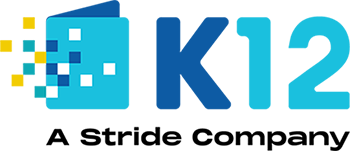
THANK YOU!
We have received your inquiry and you will start to receive additional information about our school offerings and programs. An enrollment consultant will contact you shortly.
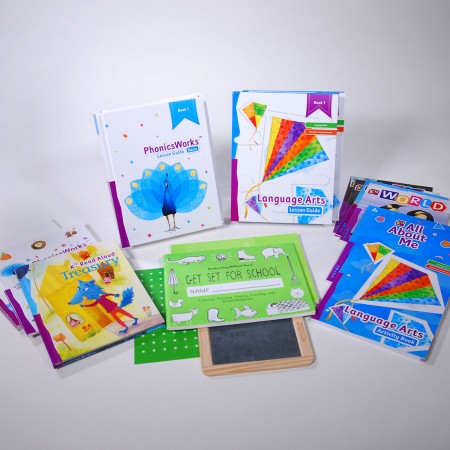

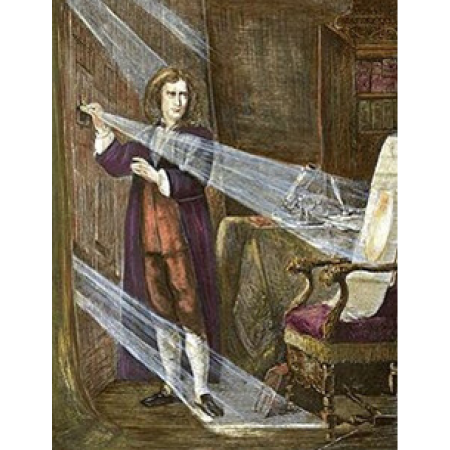
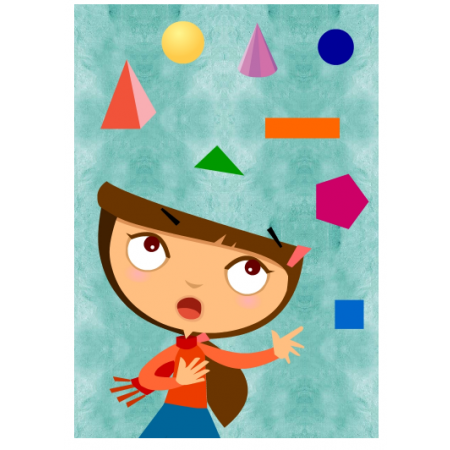

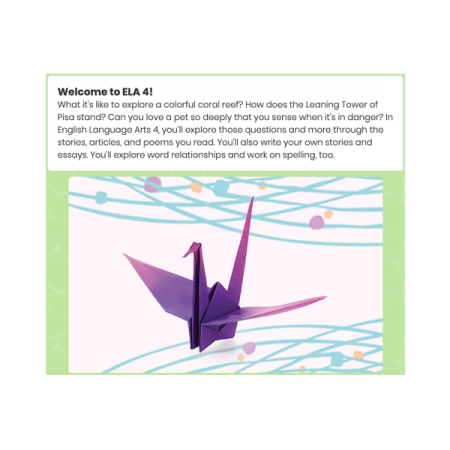
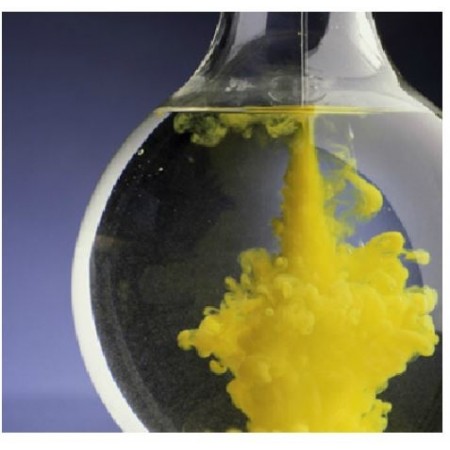

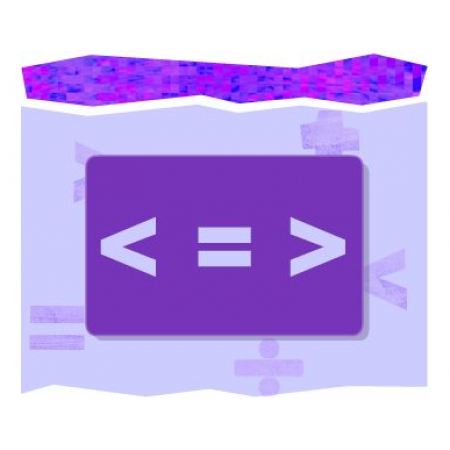
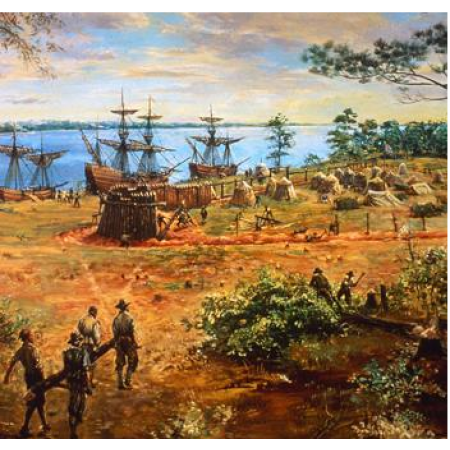
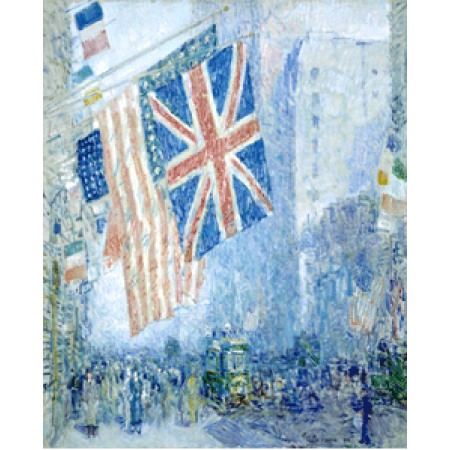


ELA 4 Summit provides a well-balanced approach to literacy that connects reading, writing, grammar, vocabulary, and spelling into one integrated program. Dedicated time for keyboarding practice is also included. The course is made up of 12 units. Each unit contains workshops that center on one major focus (reading, writing, or word study) for instruction and reinforcement of big ideas. In reading workshops, students read independently in a variety of genres and formats—fiction, poetry, drama, nonfiction, and magazines—before exploring each text through various activities. In writing workshops, students analyze model writing samples and then work through the writing process to develop original compositions of their own. They learn about grammar, usage, and mechanics and apply those skills as they revise and proofread their work. In word study workshops, students grow their vocabulary by learning the meanings of groups of conceptually related words. Students also learn to focus on spelling patterns that are necessary to be fluent, proficient readers, writers, and spellers.